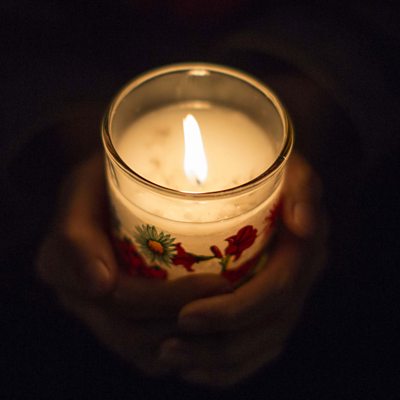Episode details

Available for over a year
For many politicians working in Northern Ireland during the Troubles, especially those tasked with ministerial office, it was not always clear to them how to judge their successes or failures. Success in some of the darkest days was simply to avoid the situation getting any worse. A sort of yes minister piece of advice summed it up nicely. If one side is criticising you and the other praising you, then you’re probably in deep water; if both sides are criticising you then you’re probably about right. One new minister asked their Private Secretary, and what if both sides praise you, Oh minister, they replied, that will never happen, you’re in Northern Ireland now – that’s why the Prime Minister thinks you’re the best person for this job. That advice could apply to anyone in a leadership role. But for religious leaders, the task is quite different from other forms of temporal leadership. It’s because, for them, the timescale is not simply the immediate or even the near term. It is eternal. And the standards are not those of the era, but those truths they hold to be handed down over the centuries or revealed divinely. The challenge for a religious leader is greatest when the mood of the moment contrasts so radically to the beliefs which must guide a community of faith. That task faced the late Bishop Edward Daly as he led the Diocese of Derry through some of the worst years of the Troubles. Yesterday he was laid to rest in the city where he served as a priest and then bishop. When he became Bishop of Derry in 1974, he accepted the responsibility given to him by the Pope to be like the Good Shepherd we read about in the Gospel of John. His task was to lead the local Christian community along the path of salvation, protecting them where necessary and correcting them when needed. He was tested in that role like few others. He stood his ground on the sacredness of life and in his condemnation of violence, describing the IRA’s actions as anti the Gospel. He was equally strident on the need to fight injustice, achieve equality and to tackle sectarianism. He fought hard for the truth of Bloody Sunday to emerge. His ministry was amidst the turmoil of the day, but his witness was from the Gospels. He didn’t flinch from that task regardless of how unpopular or unreceptive the audience, whether within his flock or within the state. By being a prophetic witness to the Christian faith, Edward Daly, died with praise from all for a job well done. That is captured best in the words of the now Deputy First Minister, Martin McGuinness, who wrote, ‘a much loved bishop, it is hard being bishop at a time of war, I’m pleased he lived to see peace’. Edward Daly’s leadership can be a model for all who find themselves torn between protecting their communities and trying to correct their errors, especially in testing times.
Programme Website